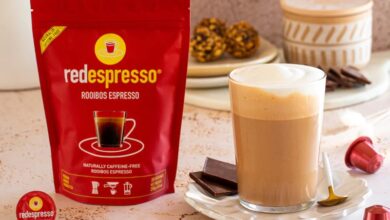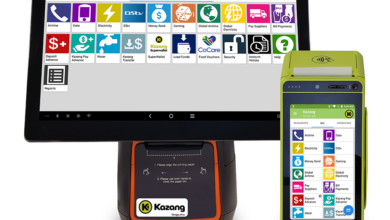Heinz: The Relentless Pursuit of Quality That Built a Global Food Empire
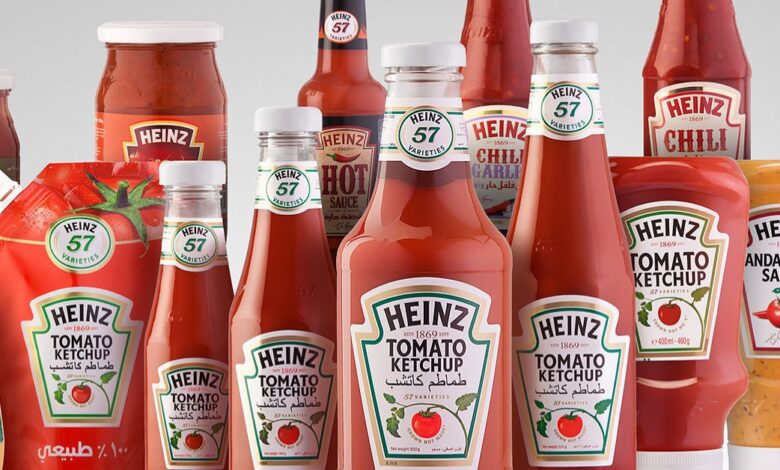
Heinz: The Relentless Pursuit of Quality That Built a Global Food Empire. Few brands have managed to embed themselves so deeply into global culture as Heinz. From its iconic ketchup to a vast range of other food products, Heinz’s journey is a masterclass in authenticity, strategic marketing, resilience, and continuous growth. Its story provides rich, practical lessons for anyone looking to build a lasting brand.
A Vision Rooted in Quality
The Heinz story began in 1869 when Henry John Heinz, at just 25 years old, founded Heinz & Noble in Sharpsburg, Pennsylvania. The company’s first product was not ketchup, but horseradish, sold in clear glass bottles—a revolutionary move at a time when food was often sold in opaque containers to hide impurities.
This choice spoke volumes: Heinz built his brand on a foundation of transparency and quality. He believed customers deserved to know what they were consuming, and that authenticity would create loyalty.
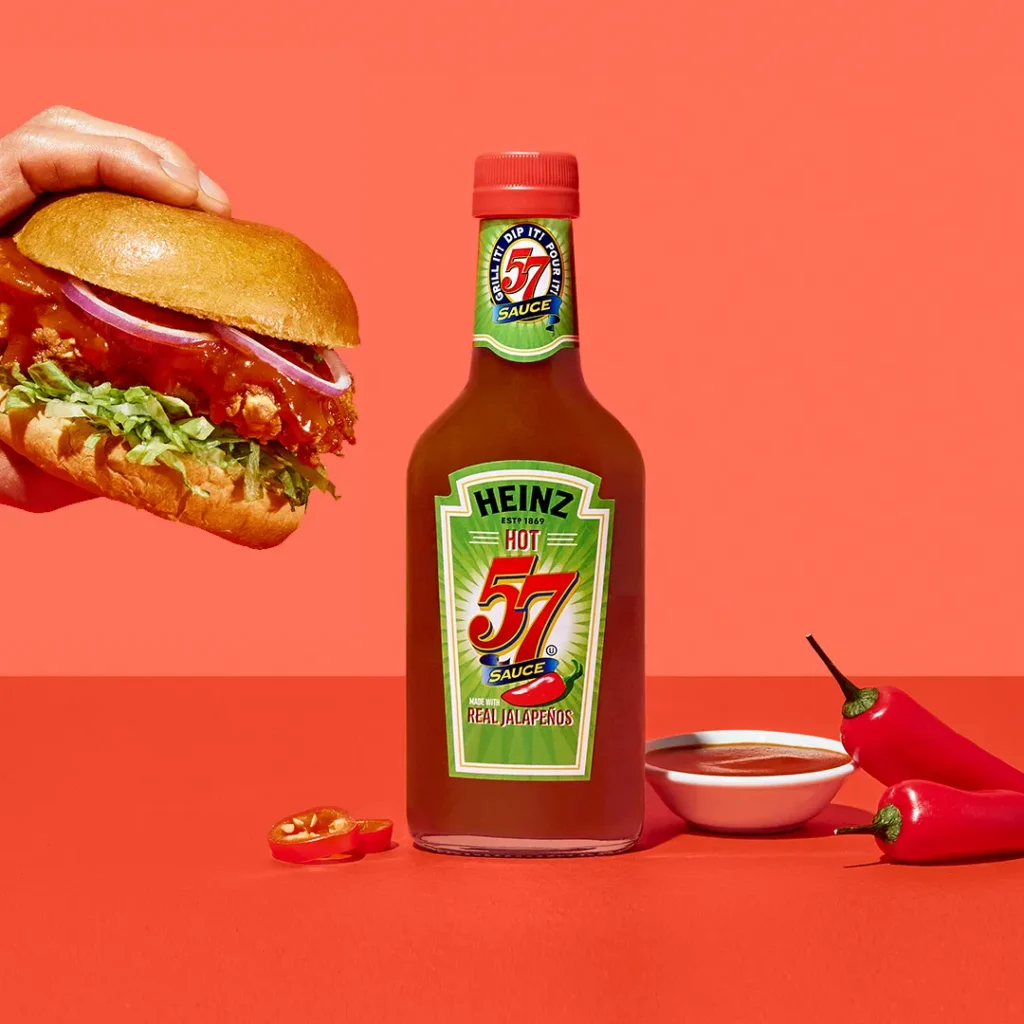
Early Setbacks and Unwavering Resilience
Heinz’s initial venture collapsed during the economic downturn of 1875, forcing him into bankruptcy. But rather than give up, he quickly launched a new company, F. & J. Heinz, with his brother. The resilience he demonstrated during this period became a defining characteristic of the brand.
Heinz learned that survival wasn’t just about having a great product; it was about adapting quickly, believing in the brand vision, and persisting through adversity.
The Birth of Heinz Ketchup and the Power of Product Focus
In 1876, Heinz introduced what would become his signature product: tomato ketchup. At the time, ketchup on the market often contained harmful preservatives. Heinz developed a recipe based on ripe tomatoes and natural ingredients, marketed as “pure and wholesome.”
This move was both authentic and strategic. It tapped into growing public concerns about food safety and health, allowing Heinz to position his ketchup as a trusted household essential.
By focusing intensely on quality and taste, Heinz created a product so superior that it essentially defined the category for generations to come.
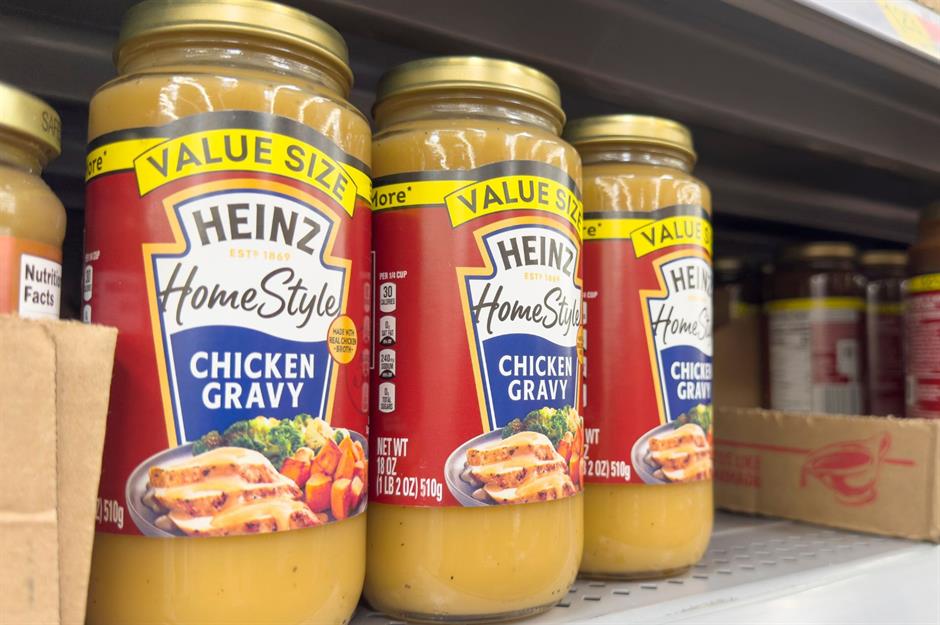
Marketing Genius: “57 Varieties”
One of Heinz’s most iconic marketing moves was the “57 Varieties” slogan, introduced in 1896. Interestingly, the number was largely symbolic—Heinz already offered more products than that—but it captured consumers’ imaginations.
This brilliant piece of branding conveyed abundance, variety, and richness, all while being simple and memorable. Heinz’s investment in clever marketing, including elaborate store displays and billboard advertising, helped establish the brand as a familiar and trusted name.
Scaling Globally with Purpose
By the early 20th century, Heinz began expanding internationally. Factories were opened in the UK and Canada, strategically locating production near key markets.
Rather than merely exporting American products, Heinz adapted to local tastes where necessary. For instance, the brand developed products tailored to British preferences, helping secure a strong foothold abroad.
Heinz’s global expansion strategy was rooted in quality consistency, brand trust, and sensitivity to local markets—key factors that aspiring entrepreneurs should carefully study.
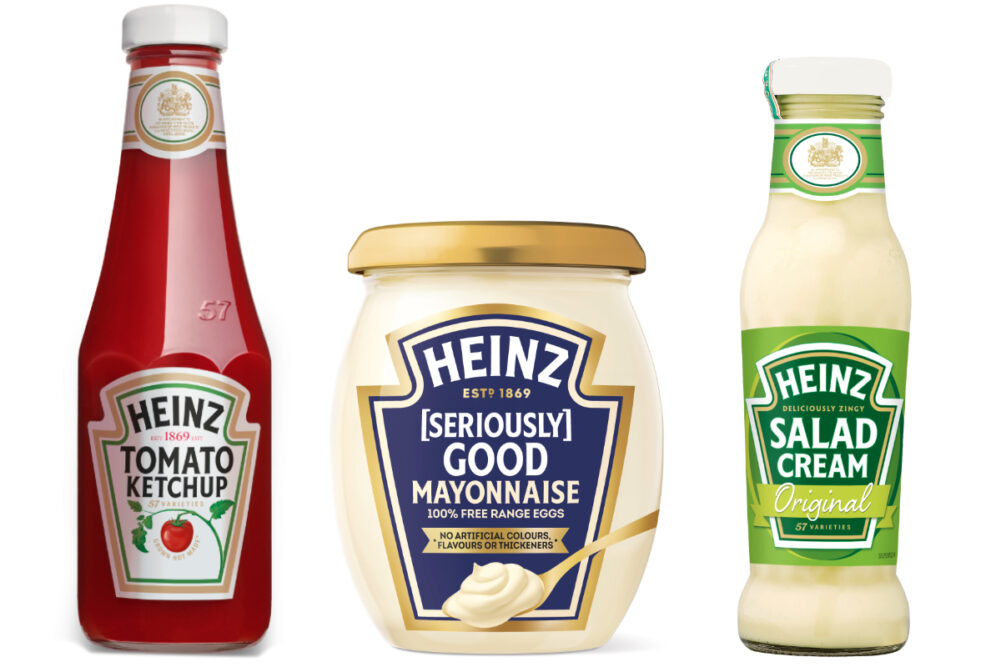
Innovating Without Compromising Core Values
Over the decades, Heinz introduced countless innovations, from new packaging formats to diversified product lines such as baked beans, soups, and baby food. However, all innovations were anchored by a commitment to quality and transparency.
The launch of the upside-down ketchup bottle in the early 2000s is a textbook example. It solved a real consumer pain point—getting ketchup out of the bottle easily—without altering the product’s core quality.
Navigating Modern Challenges
Heinz faced serious challenges in the 21st century, including shifts in consumer preferences toward organic and health-focused foods. In response, the company expanded its portfolio to include healthier options and acquired complementary brands.
The 2015 merger with Kraft Foods to form The Kraft Heinz Company reflected a strategy to stay competitive in an evolving market, though it also brought challenges in balancing scale with brand authenticity.
Nevertheless, Heinz’s commitment to its founding principles—quality, trust, and innovation—has kept it resilient even in turbulent times.
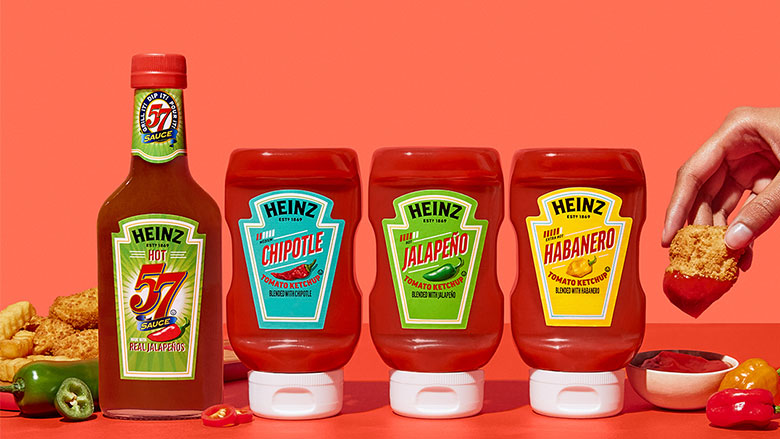
Actionable Lessons for Entrepreneurs
- Anchor your brand in authenticity: Heinz built trust by being transparent and honest about its products.
- Persist through setbacks: Early failure did not define Heinz’s story—his reaction to it did.
- Innovate with purpose: Solve real consumer problems without diluting your brand’s core values.
- Scale thoughtfully: Expansion should be driven by understanding local markets and maintaining brand standards.
- Evolve while honoring your roots: Adapting to new consumer trends is crucial, but must not come at the expense of the brand’s essence.
Final Thoughts
Heinz’s incredible journey from a small horseradish seller to a global food powerhouse is a powerful testament to the enduring value of authenticity, strategic marketing, resilience, and purposeful innovation. For entrepreneurs seeking to build brands that last, Heinz’s story is a vivid reminder: success belongs to those who stay true to their vision, adapt intelligently, and never compromise on quality.

